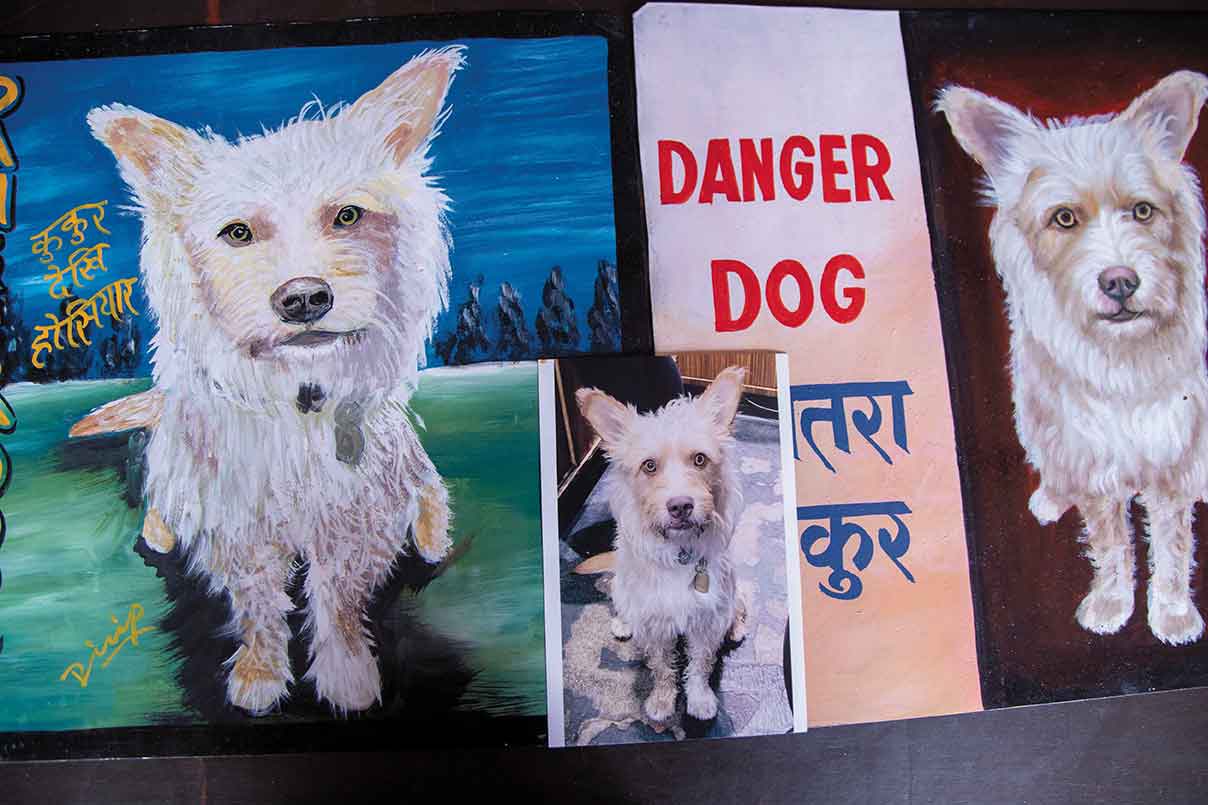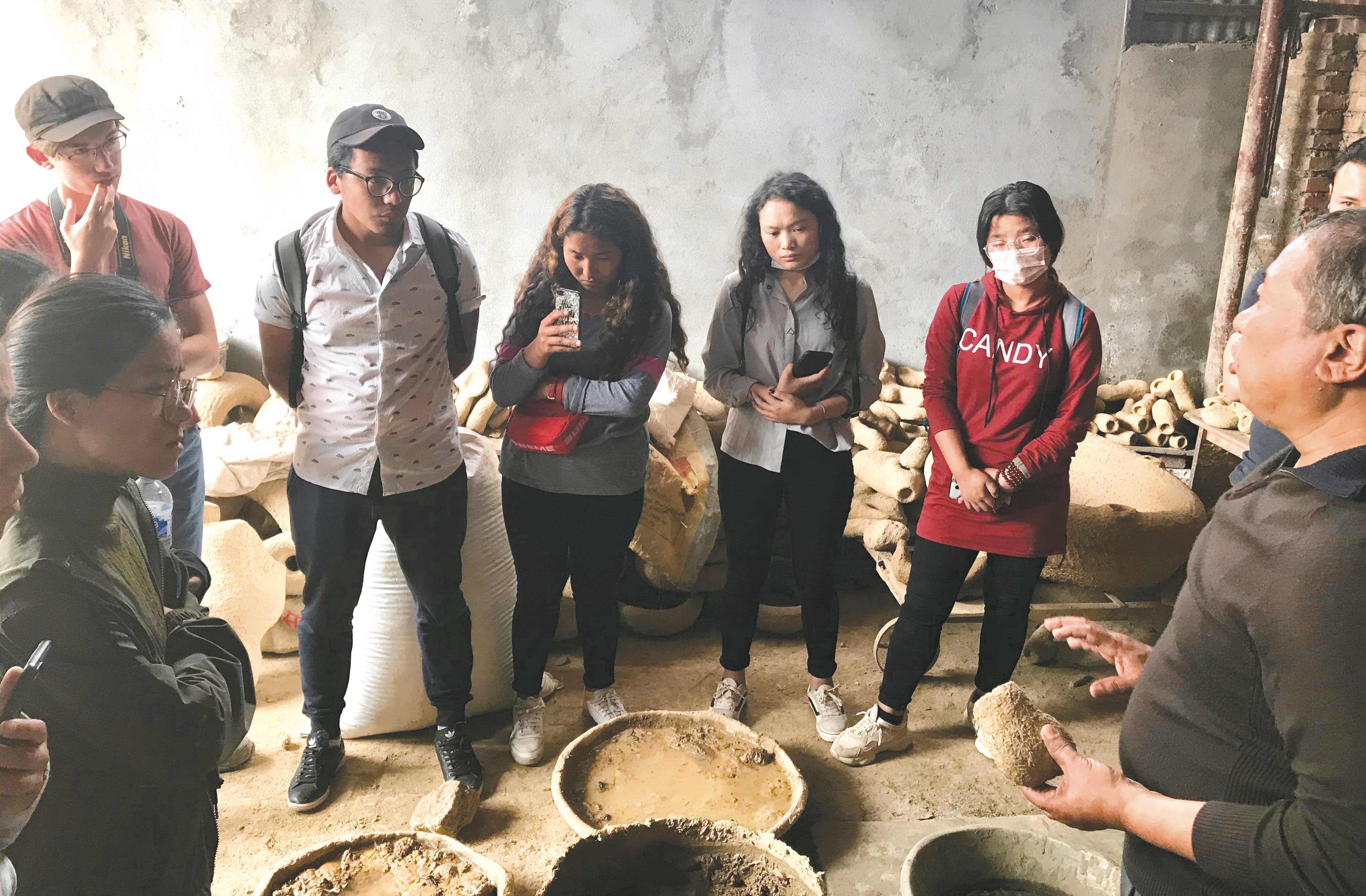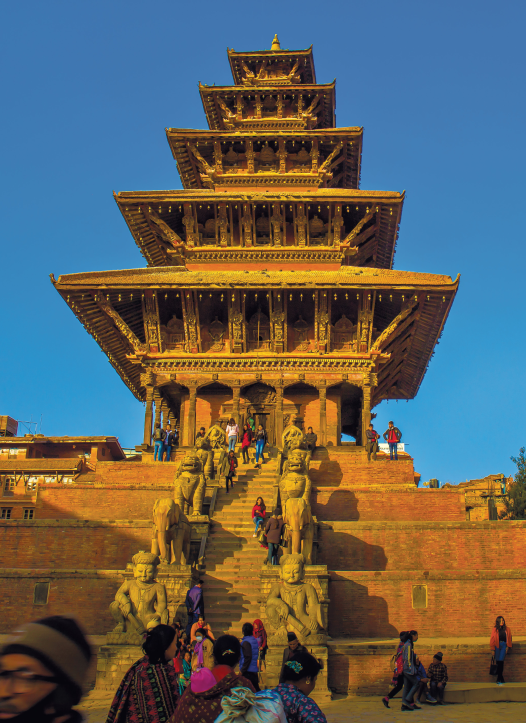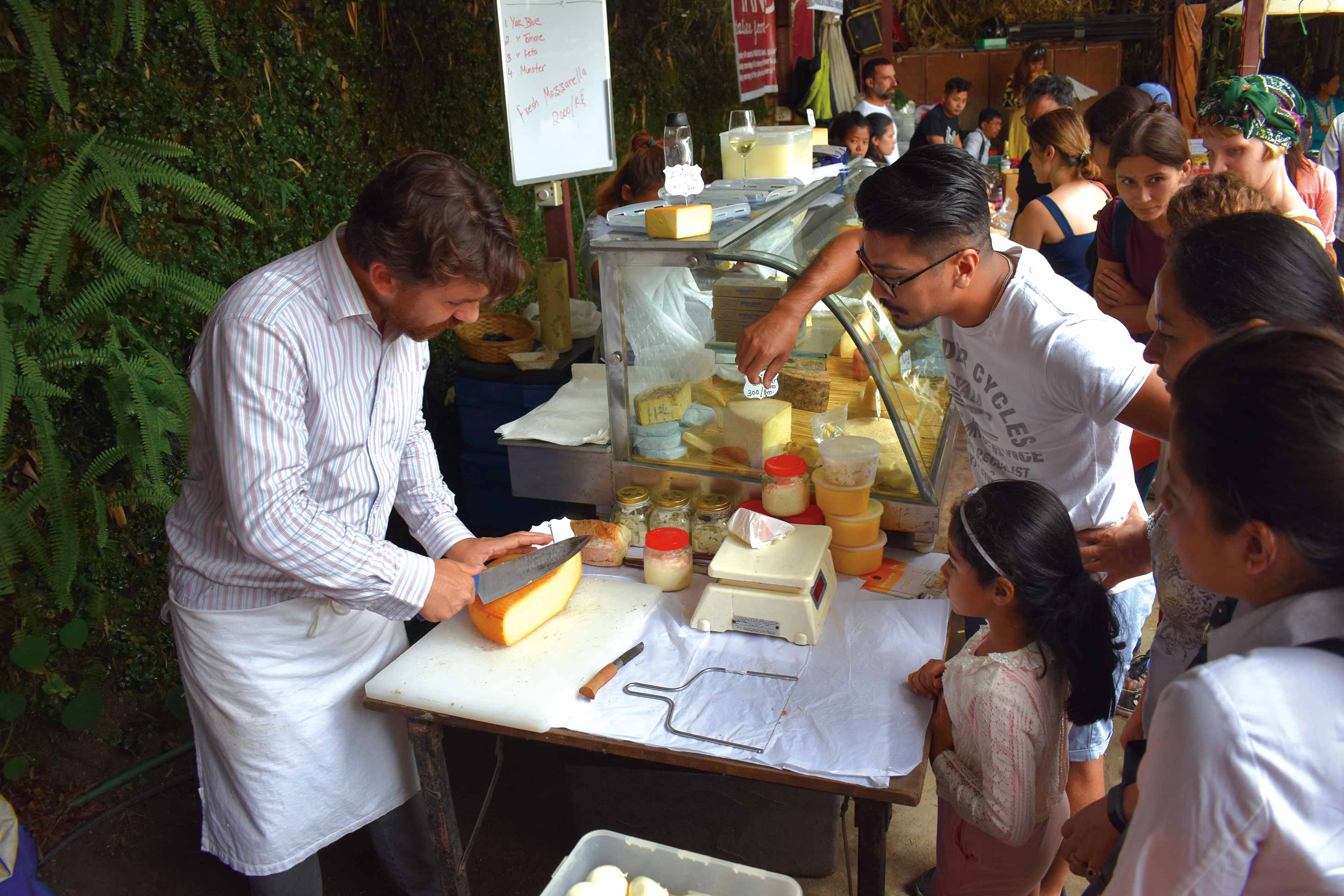Despite many revolutions and years of chastising modern education, dis crimination based on class is present in the most developed of societies. Influence of class based discrimination, though, is not deep-seated and can be mitigated by giving people an equal opportunity for material and intellectual possessions.
 On the other hand, caste-based discrimination is all about who you are as your standing in such a society is predefined, leaving no room for personal growth. To change the outlook of societies where caste-based discrimination is institutionalized and has been practiced for centuries, therefore, is an uphill task.
On the other hand, caste-based discrimination is all about who you are as your standing in such a society is predefined, leaving no room for personal growth. To change the outlook of societies where caste-based discrimination is institutionalized and has been practiced for centuries, therefore, is an uphill task.
Nepalese society, unfortunately, is divided along caste lines. Though the Puranas and Shastras (the original Hindu scriptures) would have us believe that it had some significance in the past—the fact that it was so successfully internalized is proof—in modern times it has posed as a big hindrance in the forward movement of
Nepalese society.
But there are people who refuse to give in to the injustices based on some vague belief system that has outlived its purpose. They not only stand up and fight against the
oppressive values, but, in doing so, inspire others to join in the good cause, engendering a new wave of social awakening.
The recipient of the ‘Americans for UNFPA International Award for the Health and Dignity of Women’ for 2008, Aasmani Chaudhary is one such person. She, herself, comes from a marginalized ethnic community, and has been espousing the cause of oppressed and marginalized womenfolk for almost 14 years.
“I was born into a simple family of farmers. My parents were always persevering on the fields and nobody in my family ever showed any interest towards education,” says Aasmani. “Since there was a general lack of interest in education at the time when I was growing up, it was hard for a girl child to even think of getting into a school.”
“After my uncle started sending his youngest son to school, my mother insisted that at least one child from our family, too, must attend school,” she goes on. “Though we are five siblings, four daughters and a son, the youngest in the family, my parents decided to send me to the school.”
With that, Aasmani got an opportunity for a formal education in the modest school of her village. Apart from going to school she also had to assist her parents with their work in the field, and lend a hand in the household chores.
“As a child I witnessed a lot of discrimination and injustices meted out against the community to which I belonged. We were deprived of the facilities and services that are provided by the government, and those in authority did not treat us equally,” she says. “The scenario of women in those conditions was even worse.”
All this inspired me, says Aasmani, to do something to change society. “Once while reading a book, I came across a line that said ‘those who want to lighten the lives of others have to burn themselves’. Those words in print finally propelled me to social service,” she says.
While working to empower women and fighting against the injustices faced by others, Aasmani had to put up with recalcitrant elements in the society. “Many a times, I had to bear harsh criticisms and swallow disgusting remarks that came from the male members of the upper class,” says Aasmani. “When I used to go around carrying my daughter to organize gatherings, some of them used to scoff at me and say, ‘Can you change society carrying a child on your back?’.”
“It took a lot of effort to convince the helpless, tormented women to form a group and fight for their own rights,” she says. “After several rounds of participatory discussions and meetings, they started showing faith in me.”
Discrimination based on gender is at the root of all problems women face in rural areas, thinks Aasmani. “There has to be a positive change in the way women are looked at by the members of the society like ours that is male dominated and is guided by antiquated values and superstitious beliefs,” she says.
“Just because she is a member of a particular sex, a girl child is deprived of all the opportunities and freedom a male child enjoys during the 24 hours of a day,” she says. And as a way of clarifying her point she points out that men can roam around freely till late in the evening doing what they want to, whereas a female has to be at home even if she has some important work to finish. “Those women who dare to violate these norms do it risking their physical well-being and dignity. If something goes wrong the society holds her responsible and blemishes her,” says Aasmani.
Years of discrimination have forced rural women to acquiesce with the life of deprivation where they don’t have a say in the social and political matters, aren’t entitled to a formal education and can’t stake a claim on the family wealth.
“In order to improve the state of affairs of the women living in rural areas we need to encourage them to take part in the programs that increase their awareness, help them generate income and employment and enhance their skills,” says Aasmani. “But to begin with the drive against gender based violence has to be waged on a war footing to boost the morale of the oppressed women.”
Aasmani has already taken a few steps in that direction. The Rural Women Development Center (RWDC), established under her initiative, in the village of Ghorahi in Dang, has been organizing gatherings to impart awareness about various issues concerning women and providing them with financial support. Currently, the RWDC is working with UNFPA to solve the problems related to reproductive health of women.
“The award I received this year has given our organization international recognition. We at RWDC hope that with this award the donor agencies will take serious note of our work and provide the support we need in our effort to improve the lives of the backward population in remote areas,” says Aasmani.
“On the day of receiving the award in New York, I met a lot of people from different backgrounds. Social workers, donors, experts in different fields, human rights
activists, businessmen, all came to congratulate me. I even met high officials of UN including the Secretary General Ban Ki Moon. All of them assured me of support.” She says. “‘Though coming from a poor family’, they said, ‘you have done a great job at such a young age. We have to learn a lot from you’,” says Aasmani.
But learning is one thing; putting it into practice quite another. Only those who are willing to burn themselves to lighten the lives of others practice what they learn, because to them learning comes the hard-way.











